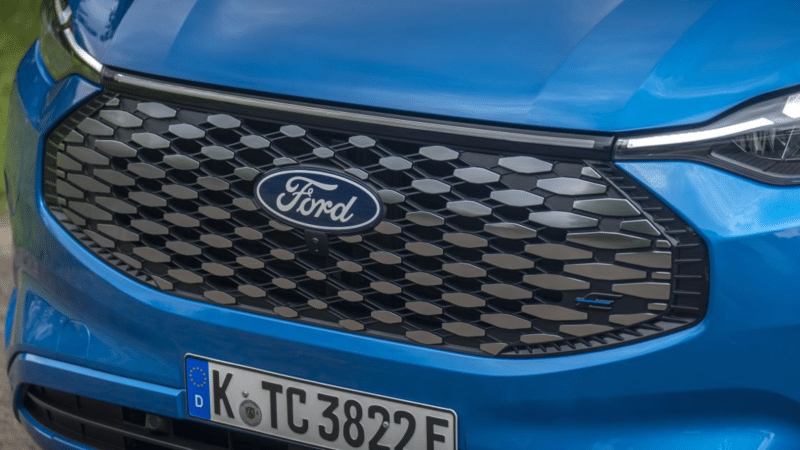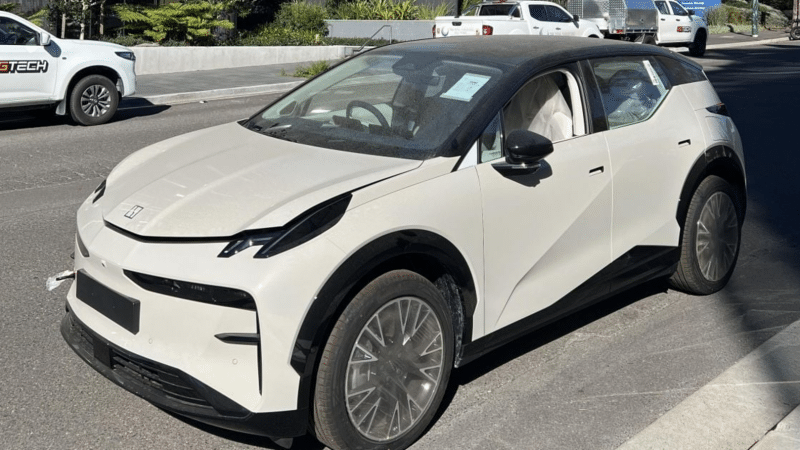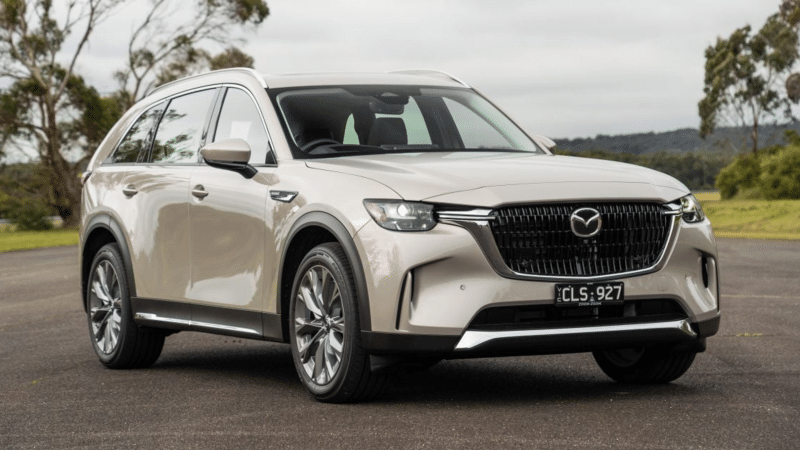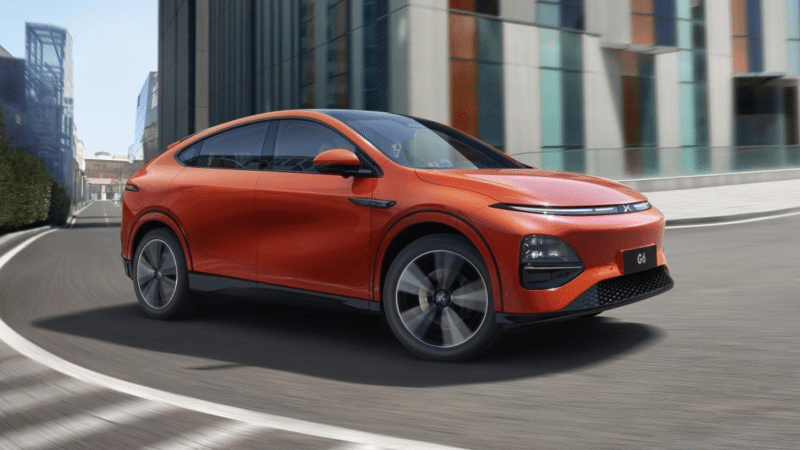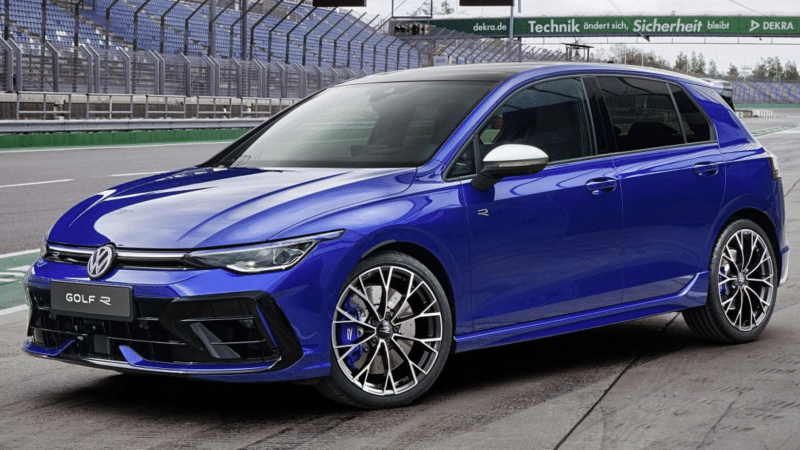Mitsubishi Australia Contesting Misleading Fuel Consumption Claims in High Court Battle
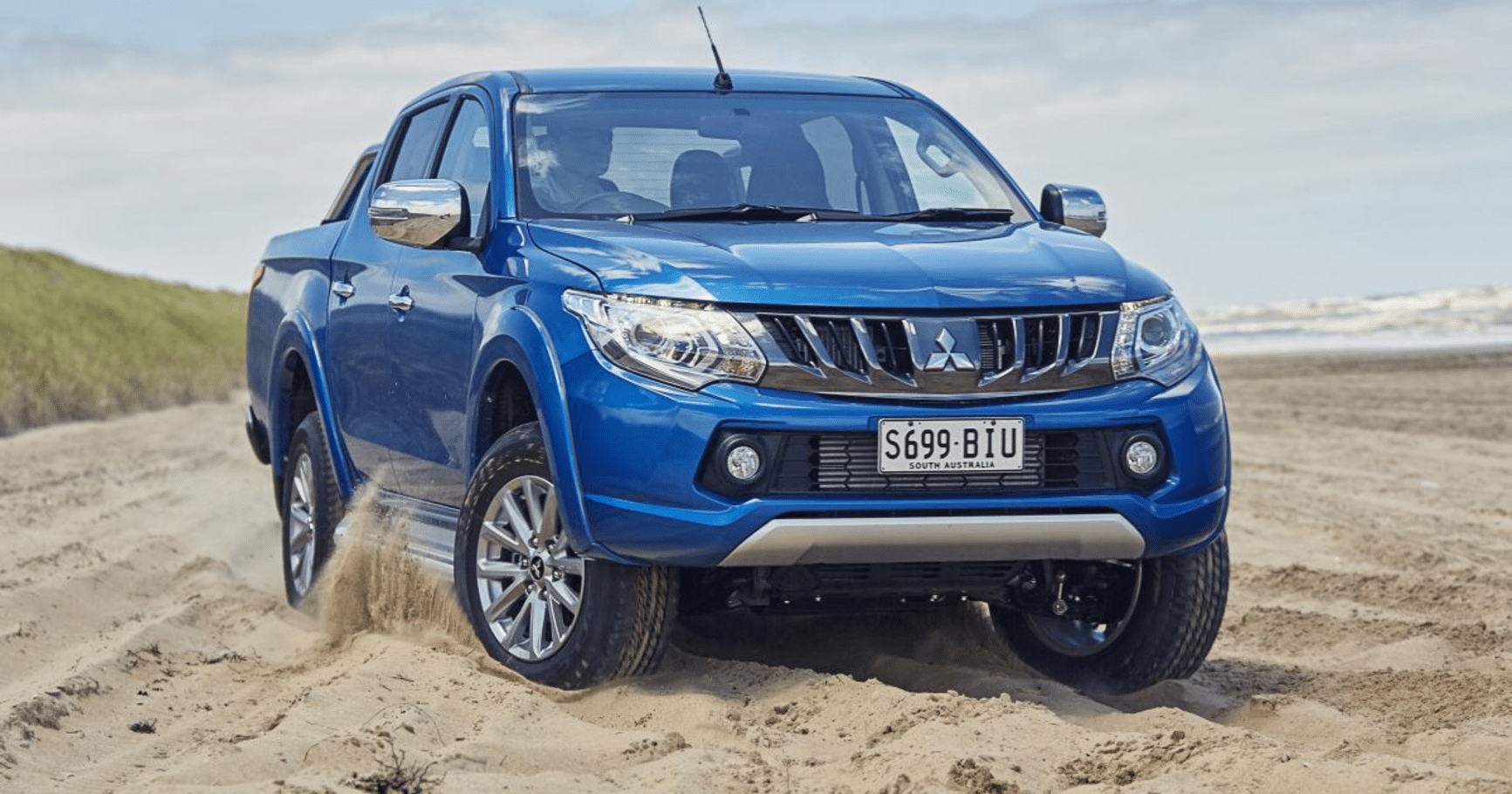
Mitsubishi Australia Contesting Misleading Fuel Consumption Claims in High Court Battle
Will Mitsubishi’s defense strategy be enough to sway the High Court’s decision?
Mitsubishi Australia is currently embroiled in a fierce legal battle before the High Court of Australia, challenging allegations of misleading and deceptive conduct regarding fuel consumption claims for one of its utes. The case revolves around Zelko Begovic’s purchase of a 2016 Mitsubishi Triton GLS 4×4 automatic from a dealership in Melbourne, and the subsequent discovery that the vehicle’s fuel consumption exceeded the figures stated on the label.
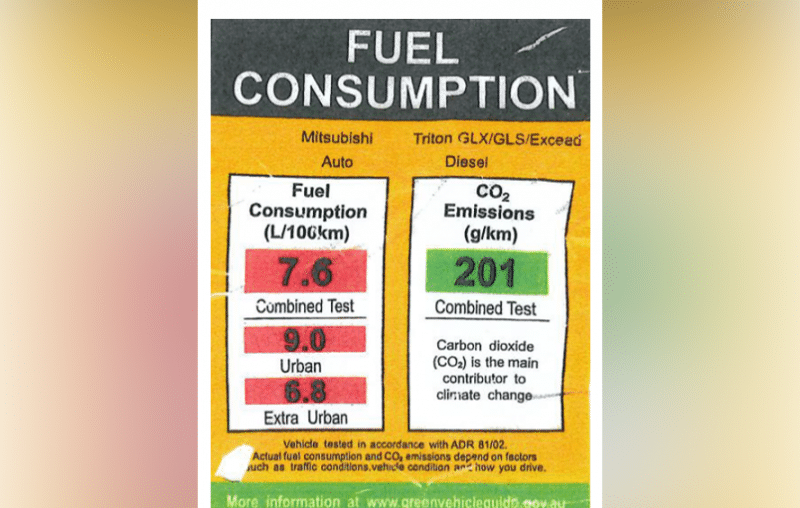
In early 2017, Zelko Begovic excitedly purchased a brand new 2016 Mitsubishi Triton GLS 4×4 automatic from a dealership in the southeastern suburbs of Melbourne. Little did he know that this vehicle would soon become the center of a legal dispute regarding fuel consumption claims. According to the Motor Vehicle Standards Act 1989, a fuel consumption label is required to be displayed on the front windscreen of the vehicle, detailing the ‘urban’, ‘extra urban’, and ‘combined test’ fuel consumption figures.
However, it wasn’t long before Mr Begovic noticed that his ute was guzzling more fuel than what was promised on the label. Determined to get to the bottom of this discrepancy, he enlisted the help of an expert to conduct independent testing in a controlled laboratory setting. At the time of the testing, the vehicle had already accumulated 50,000km over the course of two years.
The expert’s findings were jaw-dropping. Mr Begovic’s Mitsubishi Triton consumed 10.6L/100km on the urban test, a whopping 17.8 percent difference from the claimed figure. The extra urban test revealed a 36.8 percent disparity, with the vehicle consuming 9.3L/100km instead of the advertised 6.8L/100km. Even the combined test showed a significant deviation of 26.6 percent, with the ute consuming 9.6L/100km.
In an attempt to counter these damning results, Mitsubishi carried out a separate ‘heavy, high speed’ driving cycle test. Unfortunately for them, the ute still consumed 10.6L/100km, further undermining their case. Consequently, the Victorian Civil and Administrative Tribunal ruled in favor of Mr Begovic, finding Mitsubishi guilty of misleading and deceptive conduct, a clear violation of consumer laws.
Today, Mitsubishi finds itself standing before the High Court, presenting a daring defense. The automaker asserts that it was compelled to break one law in order to comply with another. It argues that the requirement for a windscreen sticker displaying standard test results forces them into a predicament where they may inadvertently breach consumer laws. Their lawyers contend that testing each and every vehicle before sale to ensure fuel consumption aligns with the label would be an ‘extraordinarily extensive and unnecessary’ endeavor.
On the other side of the courtroom, Mr Begovic’s legal team passionately argues that Mitsubishi is undeniably in violation of the law. They maintain that the particular vehicle in question underwent standardized testing, which it failed by a significant margin. The fuel consumption displayed on the label simply did not align with reality.
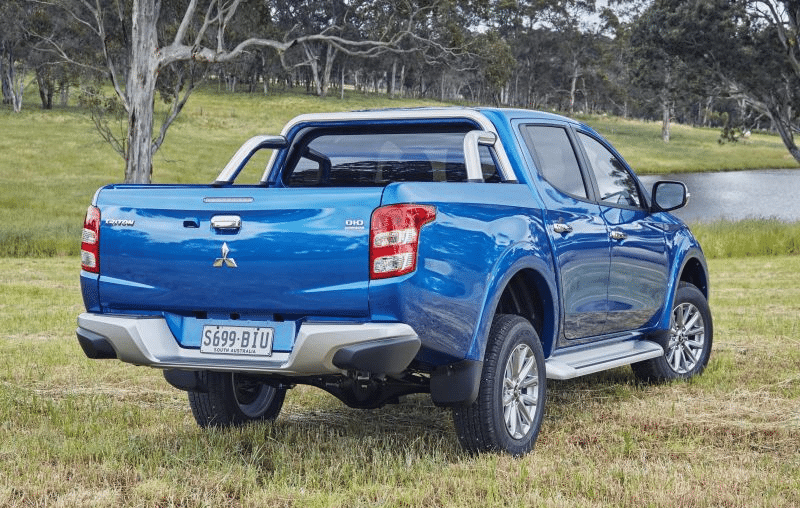
- Mitsubishi Australia is contesting a claim of misleading fuel consumption for one of its utes.
- Zelko Begovic purchased a Mitsubishi Triton that allegedly consumed more fuel than indicated on the label.
- Expert testing revealed significant discrepancies in fuel consumption figures.
- Mitsubishi argues that adhering to standard tests should not hold them liable for breaching consumer laws.
- Mr Begovic’s lawyers maintain that Mitsubishi has indeed breached the law.
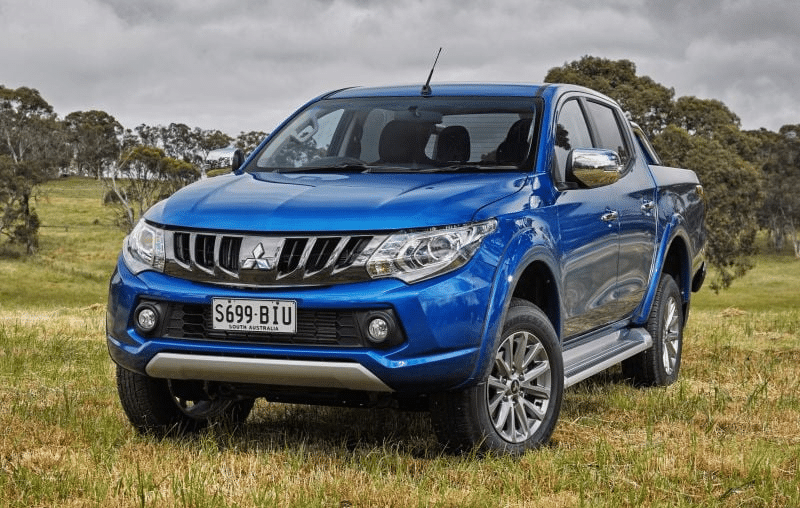
As the legal battle rages on, the High Court finds itself tasked with weighing the complexities of consumer laws against the practical challenges faced by automakers. Whose argument will prevail? Can Mitsubishi’s defense hold up under scrutiny? Only time will tell.

